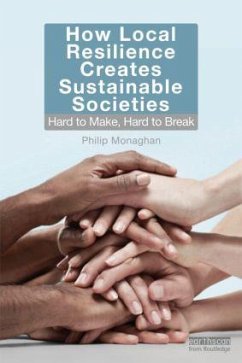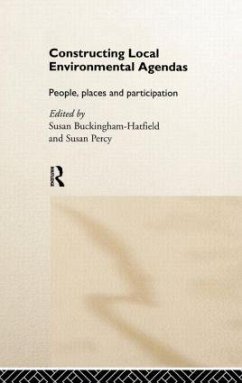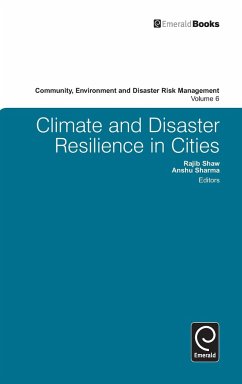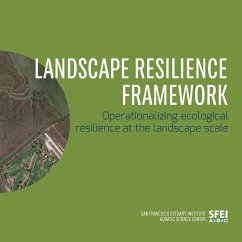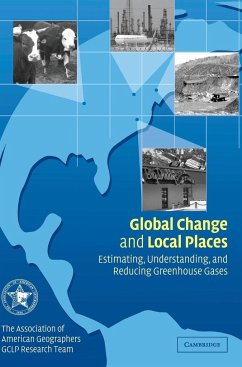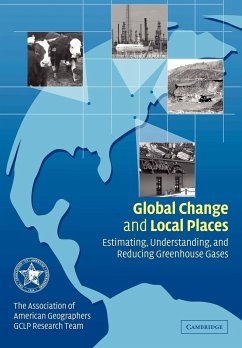
How Local Resilience Creates Sustainable Societies
Hard to Make, Hard to Break
Versandkostenfrei!
Versandfertig in 1-2 Wochen
169,99 €
inkl. MwSt.
Weitere Ausgaben:

PAYBACK Punkte
85 °P sammeln!
A taboo-shattering book, How Local Resilience Creates Sustainable Societies sets out how visionary national and local leaders can transform unsustainable societies as they attempt to recover from an age of austerity. By eliminating the culture of dependency in a socially and environmentally progressive way, the book shows how to transcend the political and social spectrum and even unify people around a common purpose. It does this by examining how leaders can make smarter interventions within complex systems to prevent the high cost of social and environmental failure arising from our current ...
A taboo-shattering book, How Local Resilience Creates Sustainable Societies sets out how visionary national and local leaders can transform unsustainable societies as they attempt to recover from an age of austerity. By eliminating the culture of dependency in a socially and environmentally progressive way, the book shows how to transcend the political and social spectrum and even unify people around a common purpose. It does this by examining how leaders can make smarter interventions within complex systems to prevent the high cost of social and environmental failure arising from our current economic model. The book explores a number of contemporary themes (e.g. green economy, sustainable urban development, banking reform, equality and democratic renewal) and draws on a wealth of global case learning (e.g. Amsterdam, Brighton, Cape Town, Madison, Matara and Toyama).




